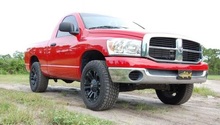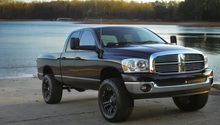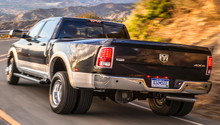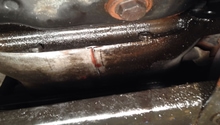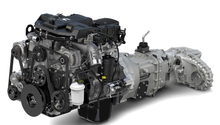Dodge Ram 1994-2001: General Information and Recommended Maintenance Schedule
Your 2nd generation Dodge Ram 1500 truck requires general maintenance; here's what you need to know!
This article applies to the Dodge Ram (1994-2001).
While a 1994 Dodge Ram 1500 is built to last, regular maintenance and major systems checks are required to ensure your truck reaches and exceeds the 200,000-miles mark, which is an absolute possibility for this beautifully crafted, aggressive pickup truck. Before inspecting the components located underneath the hood of your truck and elsewhere, it's recommended that you first familiarize yourself with the contents of your owner's manual for the most accurate maintenance instructions. Consider this booklet as your truck's 1-2-3 guide to optimum performance and longevity.
Component Breakdown
Engine
Your Dodge Ram 1500 runs off of a powerful 3.9 L V 6-cylinder engine, which is built to deliver 175 horsepower. The best way to maintain your engine is to keep your engine oil clean and to replace your engine oil filter every 3,000 miles. As well, don't wait for the check engine light to appear on your dashboard, monitor when you're due for a new engine oil/filter change and make a service appointment at that time. It's best to take a proactive approach to your engine health and maintenance.
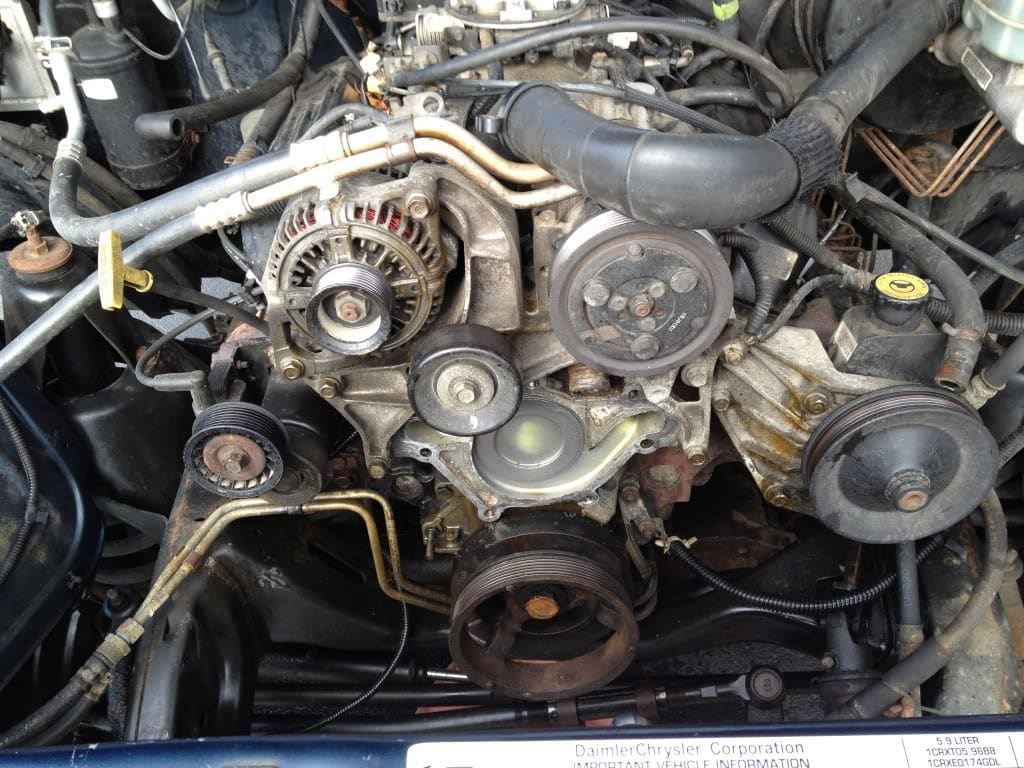
Transmission
Your transmission will need to be properly lubricated at all times. If you experience difficulty in shifting gears, the culprit is most likely a low level of transmission oil, which should be topped off immediately to minimize permanent damage to your system; not to mention, the fact that your vehicle will stop moving sooner rather than later. The most common solutions for most transmission issues is replacement of your fluid and filter as well as band adjustments, as needed. Check your fluid at the first sign of an odor coming from the transmission dipstick tube.
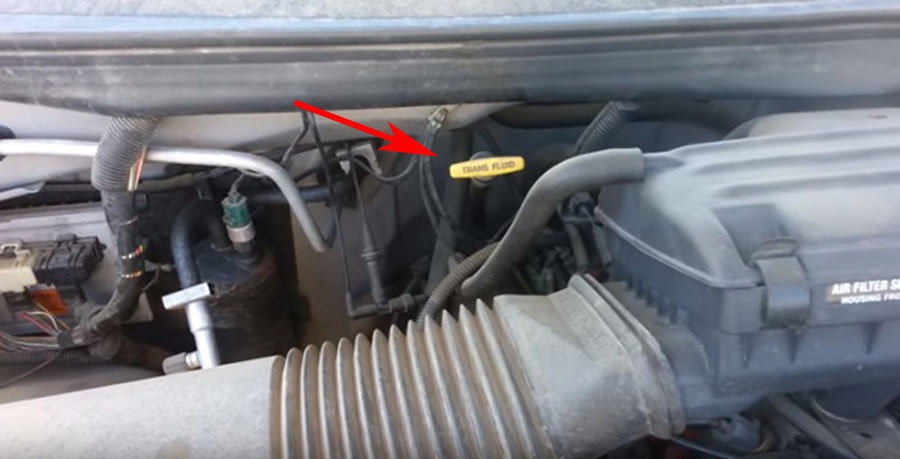
Brakes
Your brakes require regular maintenance, but you won't need to have them checked every couple thousand miles. As your brake fluid darkens (i.e., becomes contaminated), change it. As well, top up low levels of brake fluid as needed. Leaks in your system could lead to a low or spongy pedal, so have your brake system checked for damage, leaks and wear at 30,000 miles. If brake fade occurs (i.e., your brake stops working when you engage the pedal), have your brake linings switched out and replaced with new ones. For brake pull, which means your truck "pulls" to one side when you apply the brakes, check your calipers for contamination or looseness, as these will be the likely culprits.

Tire Maintenance
Rotate tires at every oil change and check your tire pressure using a tire pressure gauge every month, especially when towing heavy cargo loads. Have your wheel bearing replaced every 30,000 miles.
Common Issues
Exhaust Manifold Gasket and Bolt Replacement
If your exhaust manifold gasket blows, you'll need an immediate replacement. While there are a variety of signs that your exhaust gasket has blown, the one sign that should grab your attention the fastest is noticeable and persistent noise.
Engine Overheating
While common, engine overheating is not a major repair. The main thing your mechanic will need to look for while inspecting your entire cooling system is the presence of leak(s), a loose O-ring and/or other damage.
Poor Fuel Economy
Make sure your engine oil and filters are clean. As well, have a mechanic check your spark plugs every 30,000 miles. While an outright replacement should not be needed, it's recommended that your mechanic also check your intake manifold gasket for leaks due to excessive wear.
Loss in Power
Have your mechanic check your fuel system and battery. If this doesn't resolve the problem, have your mechanic run full diagnostics on your truck.
Related Discussions
- Dodge Ram 1500 Service and Parts Manuals - Dodgeforum.com
- Dodge Ram 1500 Service Manuals - Dodgeforum.com
- Dodge Ram 1500 Downloadable Service Manuals - Dodgeforum.com

